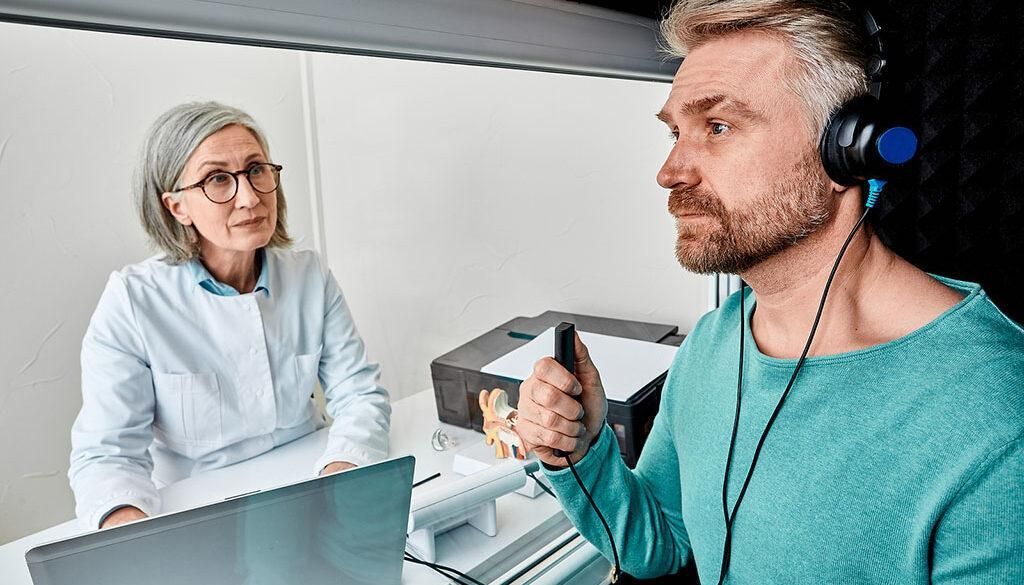4 Reasons Golf is Great for Coping with Hearing Loss
Living with hearing loss can present unique challenges, but one game transcends those obstacles and offers a fantastic avenue for coping. We're talking about golf! Beyond being a sport millions enjoy, golf provides a welcoming environment for people with a hearing loss diagnosis, the perfect formula for confidence and joy. Let's explore four reasons golf is great for coping with hearing loss.
1. Golf is Mostly Visual
Golf is a visually captivating sport, making it a perfect fit if you have hearing loss. From the moment you step onto the course, the vibrant greens, rolling fairways, and majestic landscapes become a feast for the eyes.
The visual cues provided by the course layout, the movements of fellow players, and the ball's trajectory allow people with hearing loss to participate fully and enjoy the game.
2. Golf has Solo and Social Opportunities
One of the beautiful aspects of golf is its versatility. Individuals with hearing loss can find solace in the peaceful of playing alone, allowing them to focus on their game without distractions. Conversely, golf provides ample opportunities for social interaction, creating bonds and connections with fellow golfers.
The inclusive and friendly nature of the sport fosters a sense of community, breaking down barriers and making golf a fantastic platform for those with hearing loss to forge meaningful relationships.
3. Golf Offers Relaxation and Stress Relief
Golf is a sport renowned for relaxing and relieving stress. The serene ambience, the club's gentle swish, and the game's rhythmic nature are soothing. If you are coping with hearing loss, the golf course becomes an oasis, a place to escape the daily challenges and embrace the calm.
The focused yet relaxed state of mind that golf cultivates is a chance to reduce stress levels and promote overall well-being. As a coping mechanism, golf empowers you to regain control and enjoy life to the fullest.
4. Golf Builds Communication Skills
While hearing loss presents communication challenges in various settings, golf offers a unique opportunity for you to sharpen your communication skills. Engaging in conversations with playing partners, sharing insights and strategies, and celebrating each other's successes contribute to the social fabric of the game.
By actively participating in golf's communication-rich atmosphere, people with hearing loss can develop and refine their communication techniques, building confidence and effectively navigating their hearing challenges.
Teeing Up with Confidence
Golf transcends the limitations of hearing loss and provides an uplifting and joyful experience as you navigate these changes. So grab your clubs, hop in your golf cart, and tee up with confidence on the course!



